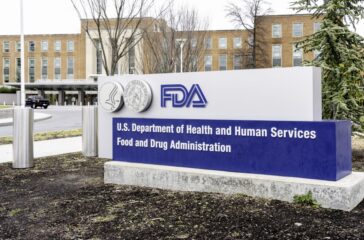As climate change threatens farming, incentives for cover crops could help
Once a farmer understands how ecosystems function, planting cover crops is an obvious choice. At least, that’s what North Dakota farmer Gabe Brown believes. For nearly three decades, Brown has been planting his cash crops (barley, oats, wheat, rye, and others) alongside cover crops—plants that are not for sale but instead are planted among cash crops to help retain water, prevent erosion, and increase soil fertility.
“The reason we made the decision is simple—it’s profitable,” said Brown. Since planting cover crops, Brown’s farm has saved a fortune on fertilizer and water, and Brown said he has seen an increase in yield, too.
But in addition to boosting some farms’ profits, many climate and agriculture experts say that cover crops may help farms withstand the effects of weather extremes driven by climate change. As crops across the country suffer dramatic losses, less than a quarter of US farms currently use cover crops, leading some to call for federal farm programs to incentivize the practice more strongly. Yet other experts are less enthusiastic about cover crops’ potential, saying bigger solutions are needed to transform the farming system as climate change advances.
 EWG
EWG





